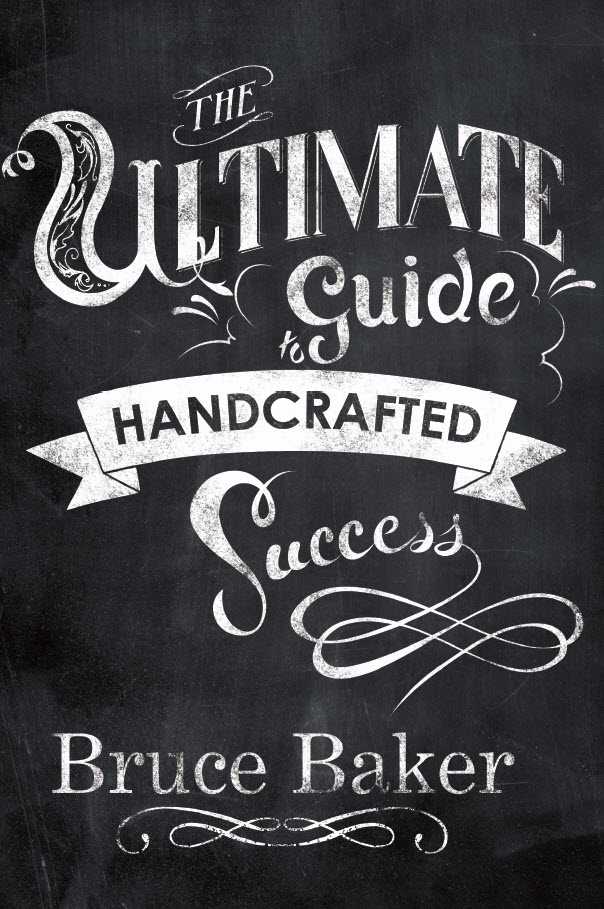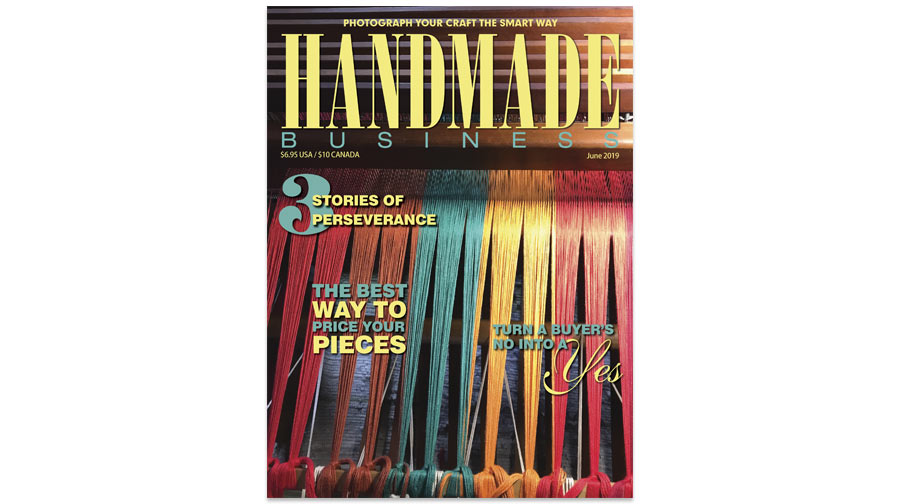Q. As an artist, I take part in a lot of local arts festivals and community exhibitions. I’ve not attempted any juried shows. How do people get selected to be on a jury? I don’t want to sound like one of those snotty contestants on American Idol, but how and why do these people get to sit in judgment of others?
—Sheila, via e-mail
A. In the spirit of full disclosure, I have been on many juries for both local and national craft shows. I could write at length about the inequity of the jury process versus a more democratic approach. But then I realized that, in fact, a democracy is based on a jury system, the electorate. So let’s not rock the boat and try to understand why craft shows need a jury system. A show promoter secures a large space, divides it into smaller spaces, booths. Let’s say there are 100 spaces that need to be rented, sublet actually, to cover the cost of the larger space. How are those 100 spaces going to be allocated? It could be “first come first served,” or a lottery system, but these approaches create problems. Perhaps most troublesome would be the risk of presenting a show that the public would feel lacked quality, and not support the promoter’s future shows. Let’s be clear, the consumer is the most powerful jury here. This approach would result in lack of control over the mix of the show—too much jewelry, not enough glass, no weaving. You see where this could lead.
The mission of a good jury is to choose good design, high-quality creations, and top-notch handmade work. The jury system has become a necessary and integral part of craft show production. Typically, the juror is chosen by the promoters of the show. Jurors are chosen because they are knowledgeable about the crafts world. Smaller regional shows choose jurors who have an overall knowledge of the crafts field. This jury could be made up of shop owners and craft center directors, as well as a craftsperson’s. The larger national shows may have a jury for each media. Obviously, these jurors would have a background in the media they jury. This jury would include craftspeople working in the media, along with gallery and shop owners who specialize in the media they are jurying. Both juries could include writers who specialize in writing about the craft field.
Participating in a juried show guarantees that each exhibitor is in a mix of other highly skillful and creative makers, and that’s the best place to show and sell your work.







